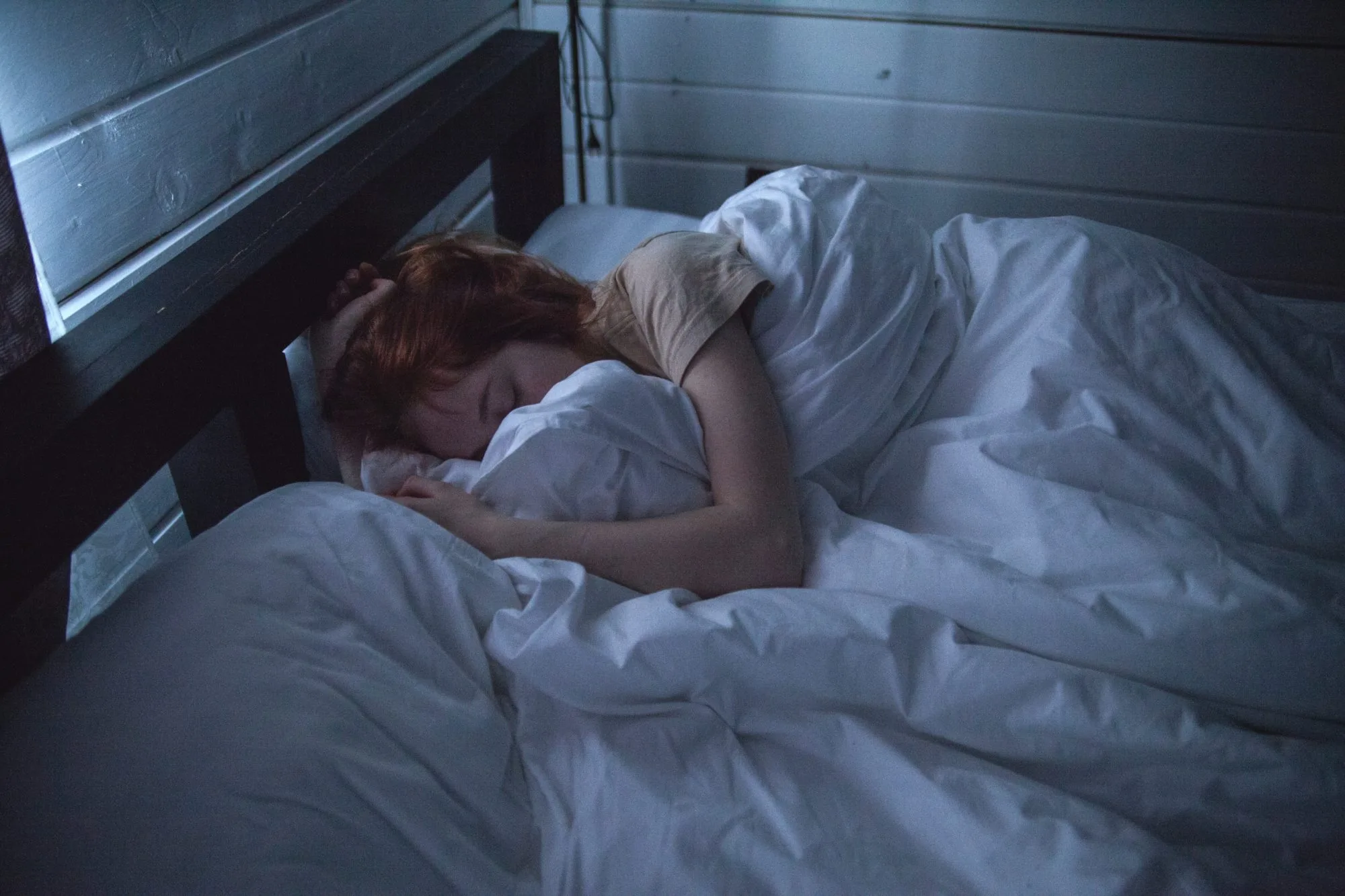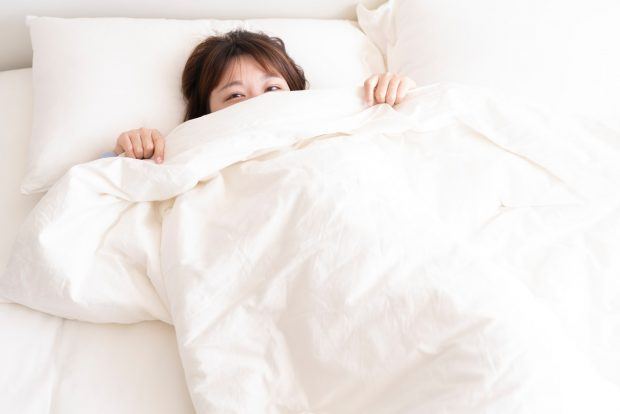The use of biofeedback techniques can help people manage their anxiety while sleeping. This technique uses special sensors to train the mind and body to relax and lower their heart rates. It also helps people learn to focus their attention. These techniques may include breathing exercises and meditation. In addition to biofeedback, a person can learn to meditate to improve their sleep. Longevity Live Paid Content.
Weighted Blankets Reduce Anxiety
A weighted blanket can reduce stress and anxiety. It does this by triggering the sympathetic nervous system, which is responsible for preparing the body to deal with threats. But the sympathetic nervous system cannot completely disengage from the stressor, and the continuous arousal wears down the body. The weighted blanket can interrupt this cycle of nervous system arousal and allow the parasympathetic system to take over. Weighted blankets can also help people deal with chronic pain.
The pressure on the body mimics the effects of a hug, triggering the release of oxytocin, a hormone that promotes relaxation. A weighted blanket has also been shown to improve sleep quality. It can help people with autism spectrum disorder and people with ADHD sleep more soundly.
Weighted blankets are also beneficial for people with depression and anxiety. Typically, they contain plastic pellets, glass beads, ceramic beads, or other materials. Some are also made with metal chain material or alternative fabrics. Research has shown that a weighted blanket can help people sleep more soundly, reducing the stress and anxiety they are experiencing.
Creating A Nighttime Routine
Creating a nighttime routine is a simple way to help your brain unwind and sleep. It is also a great way to reduce your stress levels. A nighttime routine can include a warm bath, reading, writing in a journal, meditation, or listening to music. A routine before bed is very effective for de-stressing your body and mind and can improve your health and happiness.
First, try to stick to a regular bedtime routine. If you’re prone to waking up too early in the morning, try going to bed at the same time. You should also avoid any activities that might disturb your sleep. The most important thing is to get some rest. While most people need 7 to 9 hours of sleep per night, it’s always better to keep your bedtime routine consistent. Changing your routine from time to time will throw off your internal clock.
Writing down worries and concerns is another effective way to fall asleep. Using an app like RISE can help you to implement this habit. This helps you to keep track of all the things that bother you during the day and allows you to avoid unnecessary anxiety. It also helps you to prepare for the next day.
Comfortable Sleeping Environment
A comfortable sleeping environment is one of the best ways to fight anxiety and stress. You should make sure your room is dark and without too much noise, and the temperature should be at a comfortable level. If you are sensitive to light or noise, consider earplugs or a sleep mask. Also, try to minimize distractions in the room, and block out the sun. Before you go to bed, you should do relaxation exercises. It’s also a good idea to listen to relaxing music.
A weighted blanket is another great way to fight anxiety. These blankets usually weigh between five and 30 pounds, and they are designed to simulate the feeling of deep pressure stimulation. Researchers believe that weighted blankets boost serotonin production and reduce cortisol levels, which contribute to the feeling of relaxation.
Stress Relief Techniques
Research has shown that sleep can help people cope with anxiety and stress. According to David Neubauer, a professor at the Johns Hopkins School of Medicine, sleep, and stress have a bidirectional relationship. If you are suffering from mild stress and anxiety, you can try meditating and getting more rest.
Biofeedback is another technique that may help you cope with anxiety and stress. This treatment works by training your brain to relax. This includes breathing deeply and lowering your heart rate. It may involve special sensors, breathing exercises, or meditation. These techniques may be performed while you are lying in bed.
While trying to sleep, try not to think about any issues or worries during the day. This can interfere with falling asleep. You may find that it helps to listen to music, read, or meditate. This will distract you from the worries that may be affecting your sleep. Adding unusual lighting to a room can provide additional visual interest and create a mood. Also, add color to your bedroom.
Color psychology suggests that different colors can have an impact on our moods, feelings, and even behaviors. The color pink, for example, is thought to be a calming color associated with love, kindness, and femininity. Pink bedroom rugs can also add beauty to your bedroom.
Conclusion
Research has demonstrated that a lack of sleep negatively impacts mood, emotional health, and even anxiety disorders. In fact, sleep deprivation may further exacerbate these conditions. Moreover, poor sleep negatively impacts depression, which is associated with increased anxiety and mental health issues.




![women [longevity live]](https://longevitylive.com/wp-content/uploads/2020/01/photo-of-women-walking-down-the-street-1116984-100x100.jpg)










